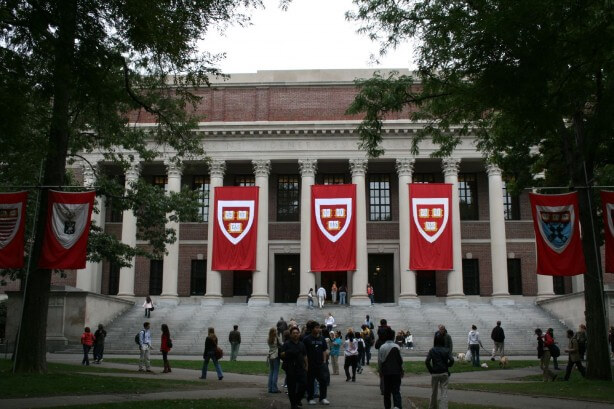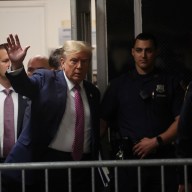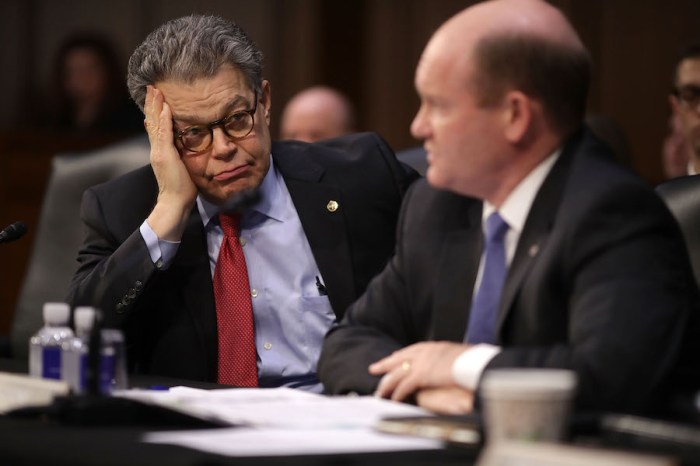Harvard University has acknowledged taking photos of students in classrooms without their knowledge in an attempt to study lecture attendance. The study has raised privacy concerns on campus.
Harvard computer science professor Harry Lewis, at a faculty meeting earlier this week, questioned Harvard brass about the study.
“Contrary to a basic principle of research involving human subjects, the students who were subjects of this study still, I believe, have not been informed that their images were captured and analyzed,” said Lewis at the time, according to his blog. “Just because technology can be used to answer a question doesn’t mean that it should be. And if you watch people electronically and don’t tell them ahead of time, you should tell them afterwards.” He added, “Can we have your assurance that all the students and faculty who were subjects of this nonconsensual study will be informed that they were under photographic surveillance?”
In response to Lewis’ concerns and questions Peter K. Bol, Harvard’s Vice Provost for Advances in Learning, said the study was intended to collect data about attendance.
He said over the years, Harvard colleagues had made assertions that more students were skipping class, not working as hard outside of class and not taking rigorous notes.
Those comments, he said, “raised questions about the effectiveness of lectures as a way of helping students learn.” Harvard, however, did not have any data to support such assertions.There were no published, multiple-course studies on attendance, he said. A study followed, wherein, cameras where installed in lecture halls. The cameras snapped photos of class attendance.
The images were then used to see whether seats were empty or filled.
He said those behind the study “did not want to bias the sample.”
He added, that they did not want individual students to be tracked or identified and that the results of the study were not intended to evaluate teachers.
“We wanted to know if we could get valid evidence on attendance, and we wanted to see if there were any patterns in the data that might support conclusions about whether or not we should care,” said Bol.
Harvard study photographed students without their knowledge

SAFRIN.BLOGS.UNHAS.AC.ID –















